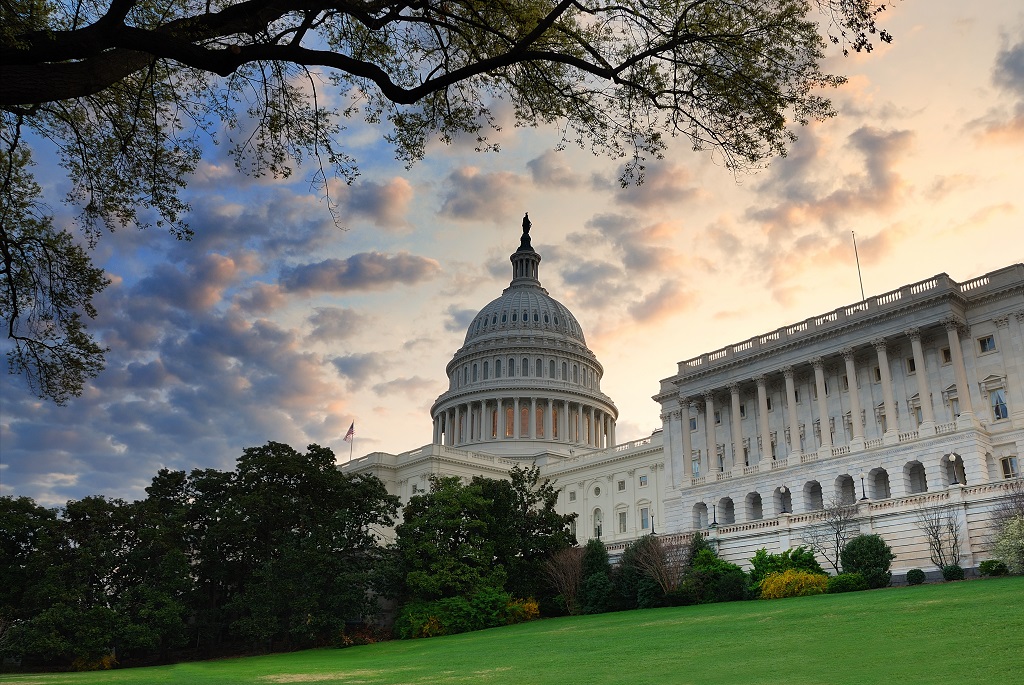Sanctuary cities across the United States are under threat by the U.S. Congress. Local law enforcement bodies in these cities, which include Dallas, Houston, and Austin in Texas, follow a policy of not investigating the citizenship status of the individuals they arrest, nor reporting the undocumented status of arrested individuals where the individual is not a violent felon. This week, in an effort by Republicans to take a stronger stance on immigration enforcement, the U.S. House of Representatives passed a bill that would cease federal funding to these sanctuary cities. President Obama, whose administration has not yet taken action against the over-200 cities and counties which decline to enforce federal immigration policy, has stated his intention to veto the bill should it reach his desk.
The strong reaction from Republicans in Congress follows several months of increased national attention to illegal immigration. On July 1, Kathryn Steinle, 32, was shot by Juan Francisco Lopez-Sanchez, an undocumented immigrant who had been deported to Mexico five times, and had previously been convicted of seven felonies mostly relating to narcotic charges. Prosecutors allege that Lopez-Sanchez shot Steinle as she walked on Pier 14 in San Francisco. Lopez-Sanchez has pled not guilty to the charges, and claims that the gun went off accidentally when he found it on the ground, wrapped in a t-shirt.
Presidential candidate Donald Trump has also contributed to increased attention on immigration policy. On June 16, Trump made public comments regarding the tendency of Mexico and other countries to use the United States as a “dumping ground” for its undesirable citizens, including drug addicts and rapists. Republicans have largely made a point of distancing themselves from these sentiments, but nevertheless seem to be adopting a similarly anti-immigrant stance, leading Democrats to label the above bill the “Donald Trump bill.”
Navigating the immigration process can be confusing and intimidating, especially in a political climate where policies at a state and national level keep changing. Finding a lawyer who can offer reliable guidance on current laws and zealous advocacy for your rights can help ensure the success of your application for a long-term Visa, permanent residence, or citizenship. If you need help with an immigration law matter in San Antonio, San Angelo, or throughout Texas, contact the Lozano Law Firm for a free consultation on your issues, at (210) 899-2290 (San Antonio), or (325) 255-3355 (San Angelo).


 Thank you for contacting us. Please complete this form and one of our team members will be in touch with you soon.
Thank you for contacting us. Please complete this form and one of our team members will be in touch with you soon.


